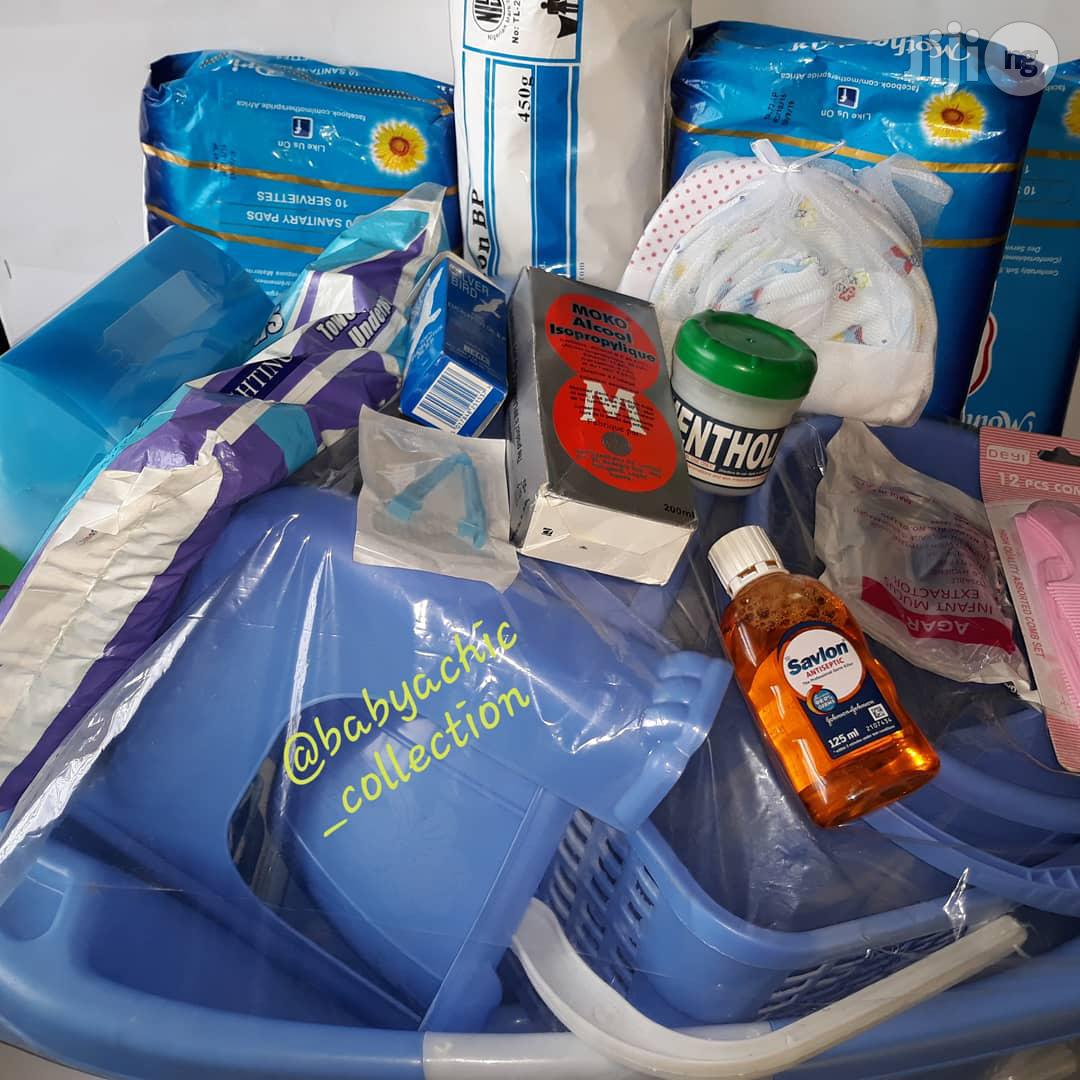10 Things To Consider Before Making Your Medical Negligence Claim
10 Things To Consider Before Making Your Medical Negligence Claim

Introduction
It may be difficult to determine whether surgery negligence is a result of the doctor’s negligence, and hence you may be wondering: Could this be attributed to the fault of the doctor, or is this simply an unfortunate consequence of a medical procedure.
In an ideal scenario, medical practitioners and staff provide top quality service, and you leave the operating room or the medical centre in complete health. However, this definitely isn’t always the case. These staff may not be the most professional, and sometimes irresponsible behaviours and actions can happen. Hence, it’s important to be aware of what happens during your treatment.
This article will tell you more about what goes on when you’ve decided to make a medical claim. If you’ve assessed your situation and decided to pursue a medical claim, here are 10 tips to see how you can proceed.
What is medical negligence?
First, it’s important to know what determines medical negligence. This happens when the practitioner or staff that is providing you with your treatment does not perform up to mark with the industry or promised standard of care. So, what can happen during the treatment that determines medical negligence? Well for starters, it could cause additional wounds or aggravate the illness or condition that they were supposed to treat.
You will need to prove that medical negligence occurred
So, now that you’ve identified the negligent behaviour of the practitioner, what do you do next? To ensure that your claim is successful, you have to first show evidence of this negligence. Without this evidence, it can be easily dismissed as a false claim, and you will not be able to do anything about it!
Here are some forms of evidence that you can provide to help make your case a credible one. They are the following:
- Prior medical records that can take the form of medical scans like ultrasounds or x-rays
- Pictures
- Full explicit details made by yourself or the person making the claim
- Any statements from witnesses like family, friends
- Evidence in the form of financial statements
- Other medical reports from other experts or doctors that you have consulted
- Employed person to help obtain this evidence for you to make your case.

A legal advisor can guide you through the medical negligence claim process
The easiest way to determine if you have a compelling case would be to seek out a professional legal advisor who knows it best. These legal advisors can quickly help you ascertain your details to see if you have enough proof for you to make your claim. If you are deemed as applicable to make your claim, it will then be further reviewed by a medical professional who knows the ins and outs of your treatment and understands the various standards that were not being met. Afterwards, the accused negligent party will be notified of the claim that has been made.
On some occasions, the claimant may just be seeking out a word of apology for the negligent treatment they had to deal with. If you belong to this category of people, it is advisable that you send in a letter to the doctor who had practiced this negligent treatment.
You can make a claim against the NHS and private practices
There is a huge misunderstanding that has been circulating around, saying that medical negligence claims cannot be made to all medical practitioners, but only the NHS doctors. We want to emphasise that this is an untrue statement and that all medical staff who were involved in your treatment process can be liable for having a claim made against them. Here are a few examples of staff that can be held responsible for irresponsible care: Dentists, plastic surgeons, private doctors, or any practitioner that practiced medical negligence.
It can take 12-36 months to complete your medical negligence claim
The average amount of time it takes to process a claim can vary very drastically. For the most part, however, it seems to take around 12 to 36 months to be fully completed, but as mentioned earlier, it really depends on how complicated your case is. The accused can also play a part in the duration of the entire process. If the negligent practitioner admits to their wrongdoings, then the entire claim process could be drastically reduced in terms of the timeframe.
You don’t have to go to court
Many people are scared to have to go for court proceedings, and hence are hesitant to make a claim. However, you’d be surprised to know that most cases do not actually require you to go to court. Instead, a lot of the time the settlements are done effectively and quickly. However, there are certainly more complicated cases that will require visiting the court, so do be mentally prepared.

Compensation is calculated based on a number of factor
When calculating the financials of the claim, and how much to compensate the claimant, there are a lot of factors to take into account before determining the final pay. These factors are:
- How severe the injury is
- The duration of the process of recovering
- How greatly it affects your daily life
- The extent of damage caused
- The loss of earning, potential earnings, benefits and any form of inheritance
- This compensation can also extend to outsiders like family who had to give your more time and care due to the negligent treatment received.
There is a medical negligence time limit
Did you know there is actually a limit to claiming this medical negligence? In actual fact, you can make claims from up to 3 years from when you first discovered the negligence you have received. Sometimes, you’re not always immediately aware of the adverse effects of negligent treatment, and it can be discovered only much later. For those with insufficient mental capabilities, this duration can even be further extended.
You can make a claim from home
So, how do you begin to make a claim? Do you have to make a physical trip to a law office? In fact, you can simply make a claim online, as there are websites that can provide these services for you. Once these claims have been assessed and approved, then you can begin discussion physically with the trained staff to further proceed with your claim.
Conclusion
With that, we’ve come to the end of the top 10 tips you need to know about making a medical negligence claim. Of course, medical negligence is undesirable and isn’t an experience anyone wants to go through. However, it’s always better to be well-informed of the steps you can take to protect yourself should such a citation arise.
We Believe This Article Was Helpful, Don’t Hesitate To Share This Information With Your Friends On Facebook, Twitter, Whatsapp and Google plus.
Copyright Warning: Contents on this website may not be republished, reproduced, redistributed either in whole or in part without due permission or acknowledgement. All contents are protected by DMCA.
The content on this site is posted with good intentions. If you own this content & believe your copyright was violated or infringed, make sure you contact us via This Means to file a complaint & actions will be taken immediately.



